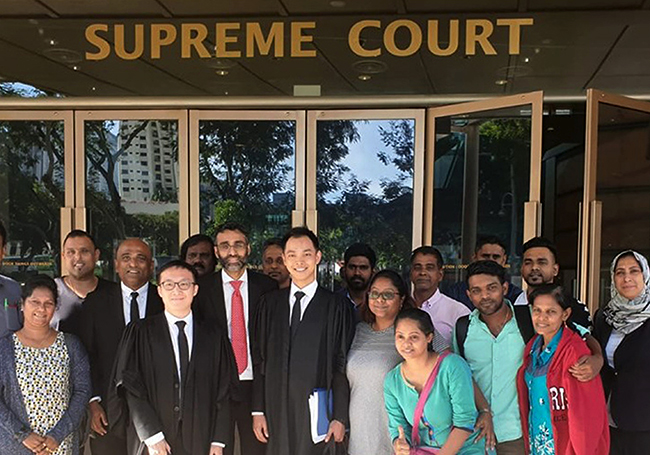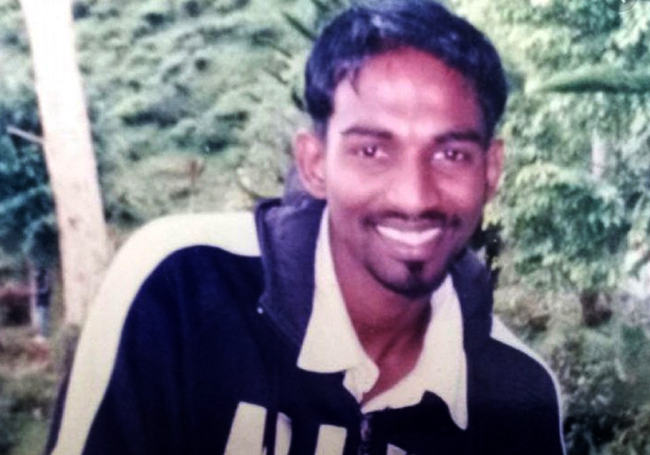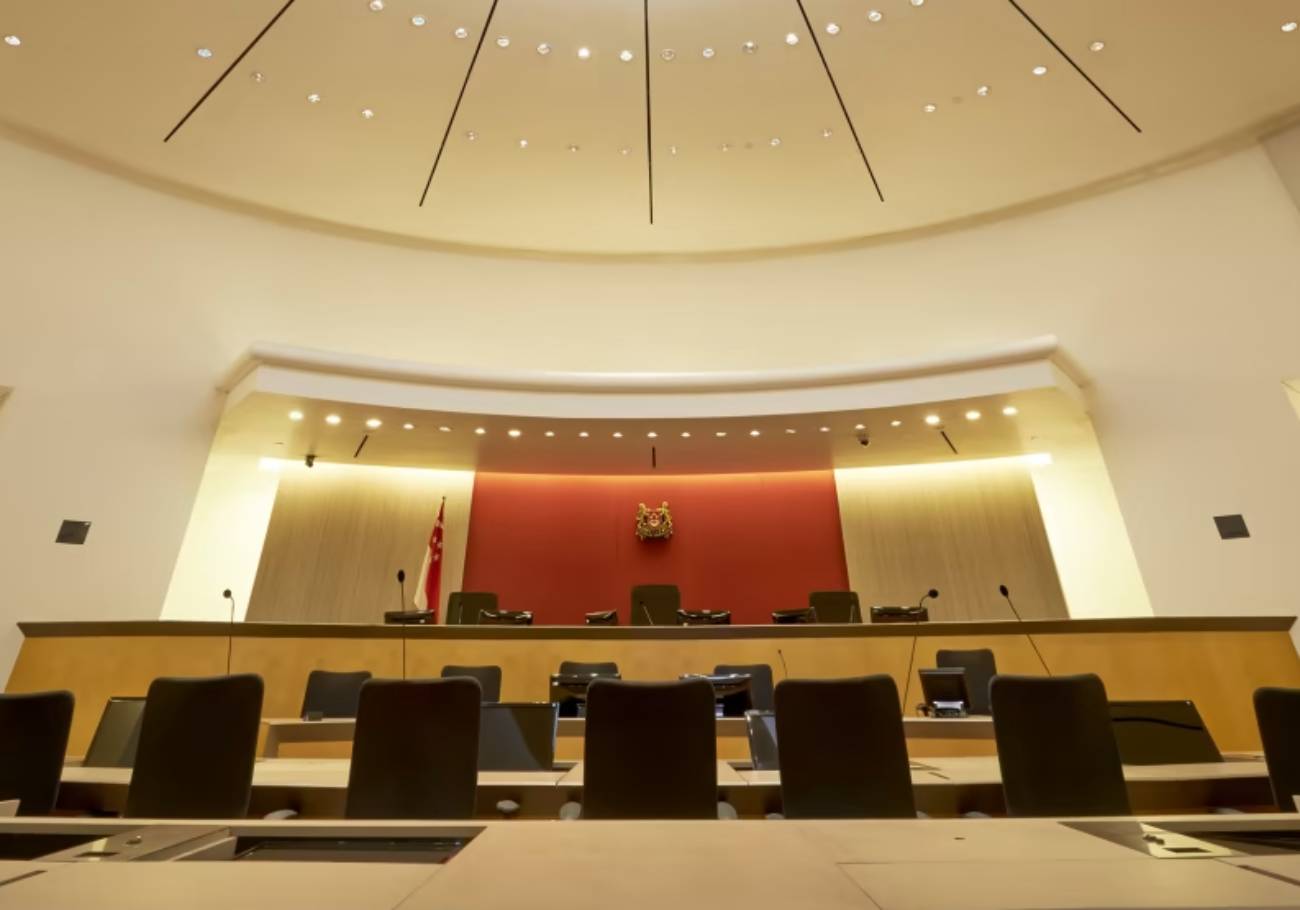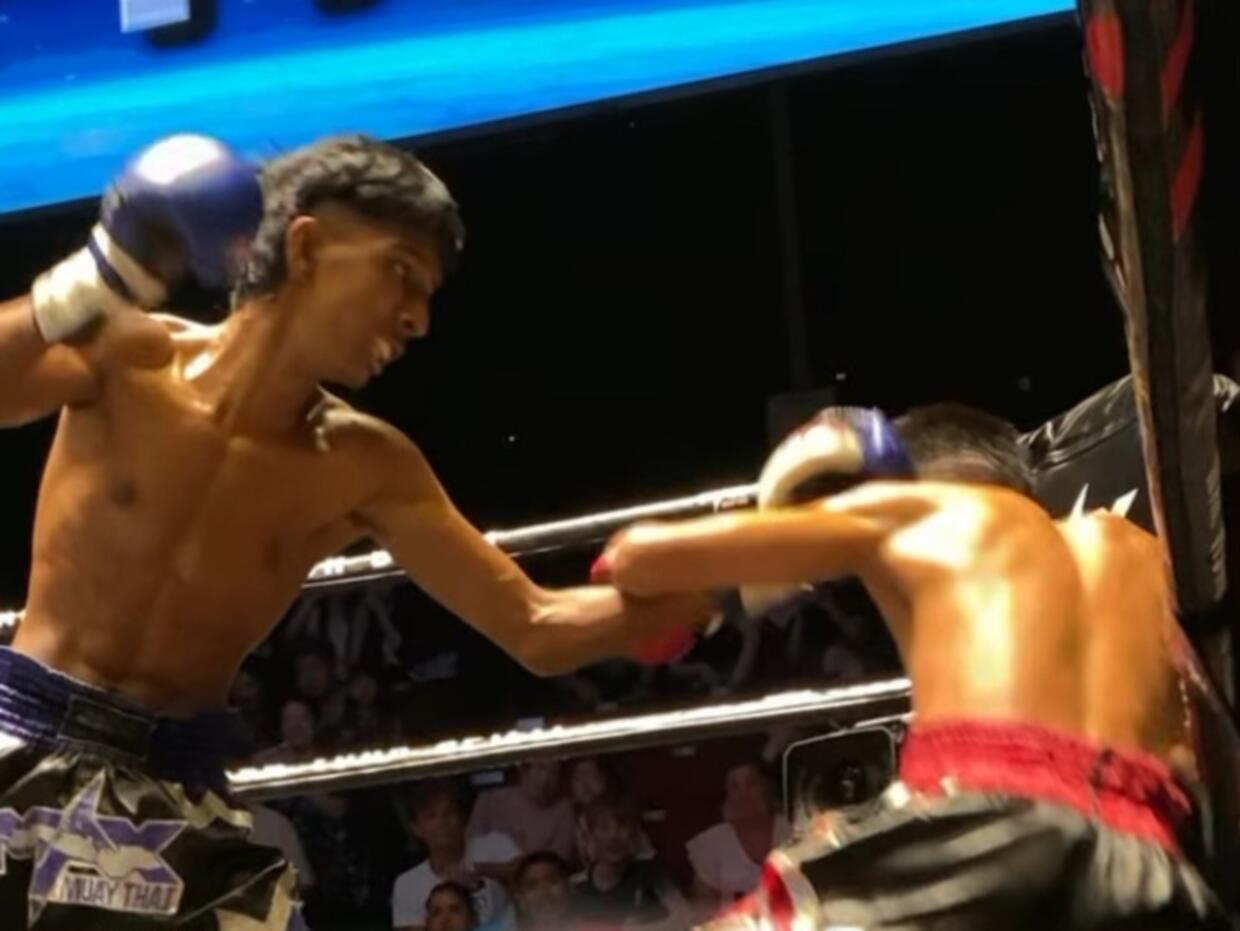
Pannir Selvam Pranthaman, a Malaysian on death row in Singapore, has received a stay of execution from the Singapore Court of Appeal.
This decision came just hours before his scheduled execution on February 20, 2025, offering a glimmer of hope for Pannir Selvam and his supporters.
Pannir selvam’s legal lifeline

The stay was granted by Judge Woo Bih Li of the Appellate Division, pending the determination of Pannir Selvam’s Post-Appeal Applications in Capital Cases (PACC).
This legal avenue allows prisoners to file for further considerations after exhausting all other appeals.
Pannir Selvam represented himself in this critical submission, highlighting his unique position and the complexities of his case.
The judge’s decision was influenced by multiple factors, including Pannir Selvam’s ongoing complaint against his former lawyer with the Law Society of Singapore and a constitutional challenge to Singapore’s drug laws.
These elements underscore the intricate legal battles fought by those on death row, where every detail can mean the difference between life and death.
The path to the stay

Pannir Selvam was convicted in 2017 for importing 51 grams of heroin into Singapore, an act that automatically sentenced him to death under the country’s strict drug laws.
Despite being classified as a courier, the absence of a Certificate of Substantial Assistance from the Public Prosecutor meant that the court had no choice but to impose the death penalty.
However, this stay of execution introduces a sliver of hope.
The PACC application, a relatively new legal avenue introduced in Singapore’s legal system, allows those on death row one last chance to argue their case.
Pannir Selvam’s application under this act was pivotal, giving him the opportunity to present further evidence or legal arguments which might not have been previously considered.
The process involves first securing permission to make the application, which Pannir Selvam has now received.
Within three days, he must present his case to the Court of Appeal, which will then decide on the merits of his application.
This step is critical as it could potentially lead to a reevaluation of his case or even a commutation of his sentence.











